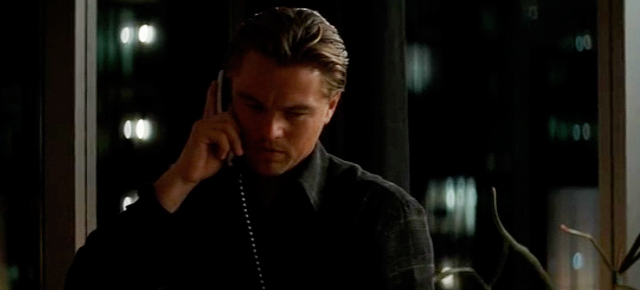Captioned irony: How captions manipulate narrative time and viewers’ knowledge

Inspired by the notion of dramatic irony, I begin to explore in this video what I call “captioned irony.”
Access, sound, captioning, film/media. Sean Zdenek is an associate professor of technical and professional writing at the University of Delaware. His book, Reading Sounds: Closed-Captioned Media and Popular Culture, won the 2017 award for best book in technical or scientific communication from the Conference on College Composition and Communication (CCCC).

Inspired by the notion of dramatic irony, I begin to explore in this video what I call “captioned irony.”
It’s so tempting for me when captioning a trailer to go to IMDb and figure out all the character names, instead of (man #1) (woman’s voice)…that gets hard to follow, but…it’s hard for me too. (I can’t always be sure if it’s the same voice or not).
I found in some of my early captions, I identified every character I could, even though the trailer did not reveal any names. I thought I was doing a good thing at the time.
Bill, I didn’t mean to suggest that characters’ names shouldn’t be used. I was simply interested in naming a phenomenon (“captioned irony”) that occurs when Speaker IDs create advance knowledge for caption users.
In this particular case, I believe the need to impose a guideline (i.e. “identify speakers off-screen by name”) should have been weighed against the needs of the narrative. Sometimes, mystery needs to be nurtured, doesn’t it? If Cobb and the hearing viewers don’t know right away, then why add a Speaker ID? If possible, captions should embrace the mystery and not give away information too soon. If that’s not possible, then Speaker IDs should at least be carefully considered and not simply imposed as a strict rule whenever someone is off-screen or obscured.
What if the initial Speaker IDs were removed and replaced with dashes to indicate two responses? That might create more confusion than Speaker IDs but it’s not like hearing viewers aren’t initially confused too, right?
Sean